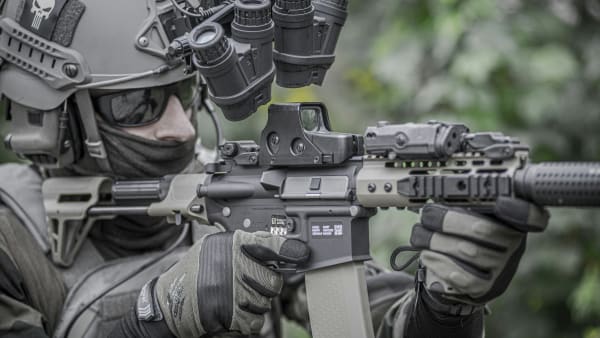Unmanned Aerial Vehicles, more commonly known as drones, have seen substantial growth in use across various industries. Whether it’s for videography, infrastructure inspection, agricultural applications, or real estate surveying, the versatility and efficiency of UAVs make them an invaluable tool. However, to harness these benefits, you need the right skills – hence the importance of UAV Pilot Training. While being a UAV pilot might seem simplistic, it actually calls for a unique mix of technical knowledge, practical piloting skills, and a strong understanding of regulations and safety measures.
In this post, we delve into the essentials of UAV piloting aptitude, focusing on the critical elements required for effective UAV Pilot Training.
Key Aptitude Elements for UAV Pilot Training
1. Understanding UAV Functionality
The foundation of any successful UAV Pilot Training program is a comprehensive understanding of how drones function. Pilots should be aware of the different components that make up a UAV such as rotors, sensors, and cameras. Plus, it's crucial to know the features and functionalities of various types of drones. This knowledge lays the groundwork for learning how to operate them effectively and safely.
2. Flight Skills
Just like traditional manned aircraft, it's imperative for UAV pilots to have keen flight skills. You'll need to master maneuvers such as taking off and landing, handling emergencies, course correction, and navigating through different weather conditions. UAV Pilot Training should include ample hands-on flight time to refine these skills.
3. Spatial Awareness
Effective spatial awareness is crucial when piloting a UAV. Pilots should have a robust understanding of how their UAV's size and shape interact with the environment, especially in confined spaces. This skill is critical for avoiding potential collisions and ensuring safe operation during a flight mission.
4. Technical Proficiency
Modern drones are often equipped with advanced technology, such as GPS, camera systems, and automated flight modes. UAV pilots should have the technical know-how to operate these systems efficiently and troubleshoot any potential issues during flight.
5. Knowledge of Regulations and Laws
Each country has its specific regulations and laws regarding drone operation. Depending on your location, you may need to secure a permit or license before you can operate a UAV. Pilots must understand and adhere to these rules, which often covers topics such as flight restrictions, drone registration, and privacy laws.
6. Safety Conscious
A safety-first approach is non-negotiable when it comes to UAV operation. Pilots must be thoroughly educated on safety procedures and risk management techniques to minimize potential accidents or property damage.
Preparing for UAV Pilot Training
Here are some crucial steps you can take to prepare for UAV Pilot Training:
Research local drone regulations: Before signing up for a UAV Pilot Training program, it's wise to research the drone laws and regulations in your country or region. These rules dictate how, where, and when drones can be legally flown.
Select the right UAV Pilot Training program: There are plenty of training programs available. When choosing a program, look for one that covers both the theoretical aspects and provides hands-on training. Some programs even offer drone simulation software, which can be a useful learning tool.
Invest in a beginner drone: Before you get hands-on with a professional-grade drone, start with a beginner UAV for initial practice. It offers a cost-efficient way to get a feel for drone piloting.
Join a drone community: Drone communities, both online and offline, can be a helpful resource. Well-established communities often share advice and best practices, which can be invaluable for those starting UAV Pilot Training.
Your journey in UAV piloting may require time, commitment, and practice. However, with the right training program and a focused approach, one can master the skill of drone piloting effectively. As technology advances, the need for proficient UAV pilots will only continue to rise, creating both job opportunities and spaces for innovation. So why wait? Gear up and embark on your UAV pilot journey now. Good luck!




